SUMMARY
This is AI generated summarization, which may have errors. For context, always refer to the full article.
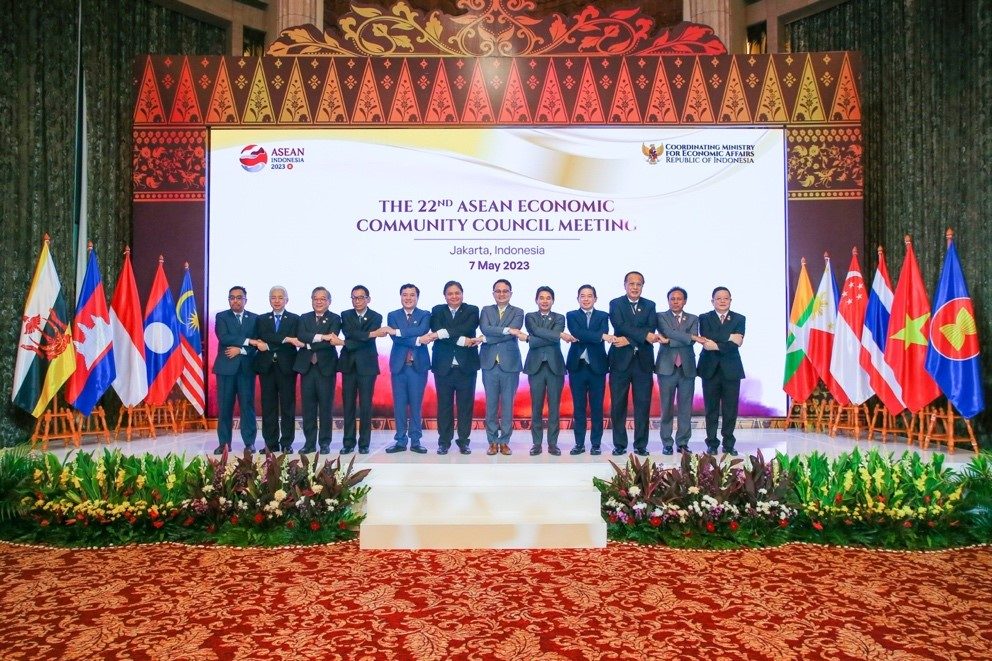
LABUAN BAJO, Indonesia – Economic ministers from the Association of Southeast Asian Nations (ASEAN) moved for the adoption of a leaders’ declaration that aims to make the region a global production hub for electric vehicles.
During the 22nd meeting of the ASEAN Economic Community Council held in Jakarta, Indonesia, on Sunday, May 7, the economic ministers finalized and endorsed a declaration on developing a regional electric vehicle ecosystem. This institutionalizes regional cooperation and opens up talks on e-vehicle standards in Southeast Asia.
Philippine Trade Secretary Fred Pascual said the initiative is timely as the Philippines positions itself as a manufacturing hub in the region.
“We are happy to inform member states that the Philippines has signed the Republic Act 11697, also known as the Electric Vehicle Industry Development Act or EVIDA, which was promulgated on [April 15, 2022]. This legislation reflects our strong commitment toward a greener mobility and fossil fuel-free environment,” Pascual was quoted as saying in a release from the Department of Trade and Industry on Tuesday, May 9.
“We are also currently working on our EV Incentive Strategy to encourage more EV investments in the country,” he added.
The region’s economic ministers also underscored the need to pursue the transition to clean energy and the development of frameworks for carbon neutrality at the regional level.
They welcomed the implementation of the initial phase of the Circular Economy Implementation Plan, which focuses on agriculture, energy, and transportation as high-value sectors relevant in reducing carbon emissions.
Pascual backed the initial development of a regional strategy for carbon neutrality, but stressed the need to take into account varying levels of development among ASEAN members, especially in the reduction of greenhouse gas emissions, accelerating the energy transition, and decarbonizing land transport.
“The deliberation on the definition, objectives, scope of action plan, monitoring and evaluation mechanism, and timeline for the implementation plan must…take into consideration the different levels of development among [ASEAN member states] as well as prioritize adaptation given high vulnerability of the region to the impacts of climate change,” he said. – Rappler.com
Add a comment
How does this make you feel?


![[ANALYSIS] How one company boosts farmer productivity inside the farm gate](https://www.rappler.com/tachyon/2024/06/bioprime-farmgate-farmer-productivity-boost.jpg?resize=257%2C257&crop=465px%2C0px%2C1080px%2C1080px)

![[In This Economy] Is the Philippines quietly getting richer?](https://www.rappler.com/tachyon/2024/04/20240426-Philippines-quietly-getting-richer.jpg?resize=257%2C257&crop=194px%2C0px%2C720px%2C720px)
![[In This Economy] Can the PH become an upper-middle income country within this lifetime?](https://www.rappler.com/tachyon/2024/04/tl-ph-upper-income-country-04052024.jpg?resize=257%2C257&crop=295px%2C0px%2C720px%2C720px)

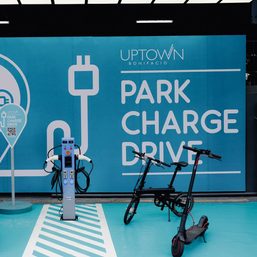
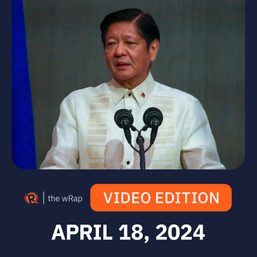
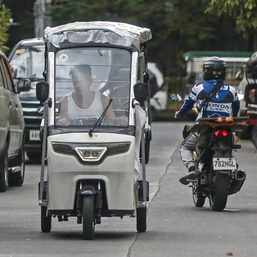
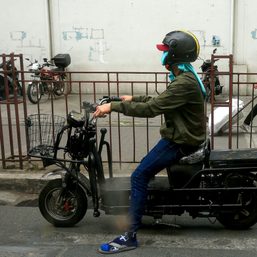
There are no comments yet. Add your comment to start the conversation.